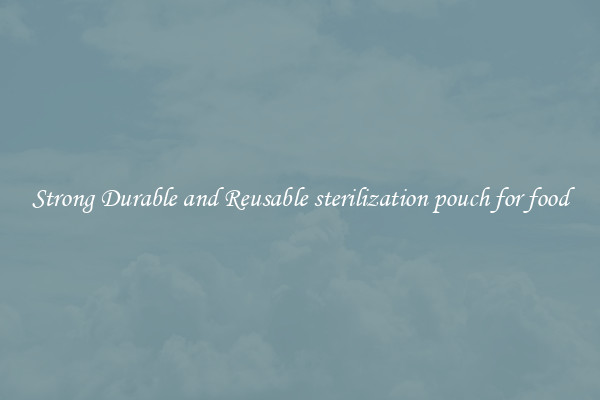Raw Water Tank For Safe Food and Drink Production
Raw water is defined as untreated water from natural sources such as rivers, lakes, and groundwater. It is essential for the production of food and drinks as it is used in various stages of manufacturing processes. However, the quality of raw water can vary greatly depending on the source, and it can be contaminated with harmful microorganisms, chemicals, and other impurities.

To ensure food and drink production is safe and free from contaminants, raw water must be stored in a raw water tank before it is treated and used in the production process. A raw water tank is a large storage container that holds untreated water from natural sources. It is designed to protect the water from contamination and maintain its quality until it is needed for production.
Raw water tanks play a crucial role in food and drink production as they help to prevent the spread of waterborne diseases and ensure the safety of the final products. Without proper storage and treatment, raw water can carry harmful bacteria, viruses, and parasites that can cause foodborne illnesses when consumed.
In addition to protecting the safety and quality of food and drinks, raw water tanks also help to conserve water resources. By storing raw water, companies can reduce their reliance on fresh water sources and minimize the environmental impact of their production processes.
To ensure the effectiveness of a raw water tank, it must be properly maintained and cleaned regularly. The tank should be constructed of durable materials that are resistant to corrosion and contamination. Regular monitoring and testing of the water quality is also essential to ensure that it meets safety standards.
Overall, raw water tanks are crucial for safe and sustainable food and drink production. They help to protect water quality, prevent contamination, and conserve resources. By investing in a high-quality raw water tank, companies can ensure the safety and integrity of their production processes and products.

View details

View details

View details

View details








